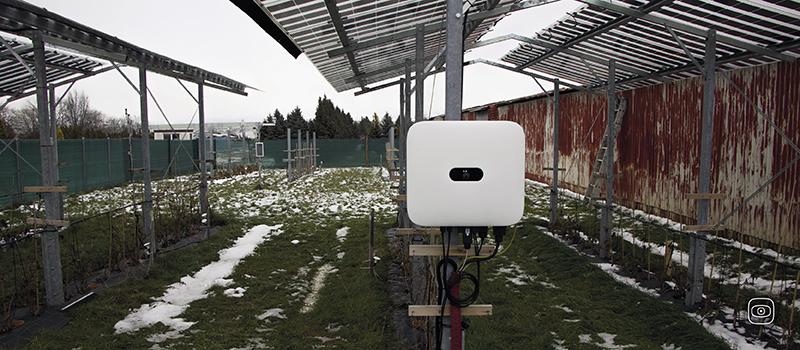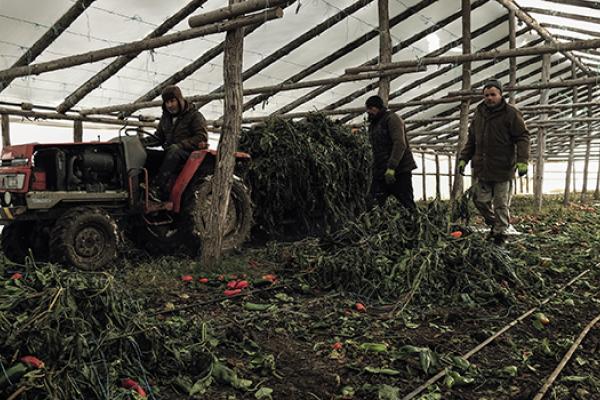The investigative team mapped the state of agrivoltaics in the Czech Republic, Ukraine, and Italy, visiting key sites to gain first-hand insights. In Litomyšl, the team studied one of the first Czech agrivoltaic farms, built with the support of academic research.
In Ukraine, the team reported on a farm run by Tesla Energy near Kyiv, which also uses solar grazing – currently not possible under Czech law.
In Italy, the situation was mapped through visits to companies and interviews with two experts on the subject, and the complexity of the political, legal and economic aspects was described.
The project identified the different stages of agrivoltaics in the various countries and highlighted the need for legislative, technological, and financial support to overcome existing barriers. Scientific research will also play a crucial role in developing efficient technologies and optimising the combination of energy production and agriculture. Agrivoltaics has the potential to strengthen rural resilience and reduce the carbon footprint of argriculture, but its wider adoption will require targeted solutions.
Photo by Karolína Chlumecká, Agrivoltaic farm in Litomyšl












